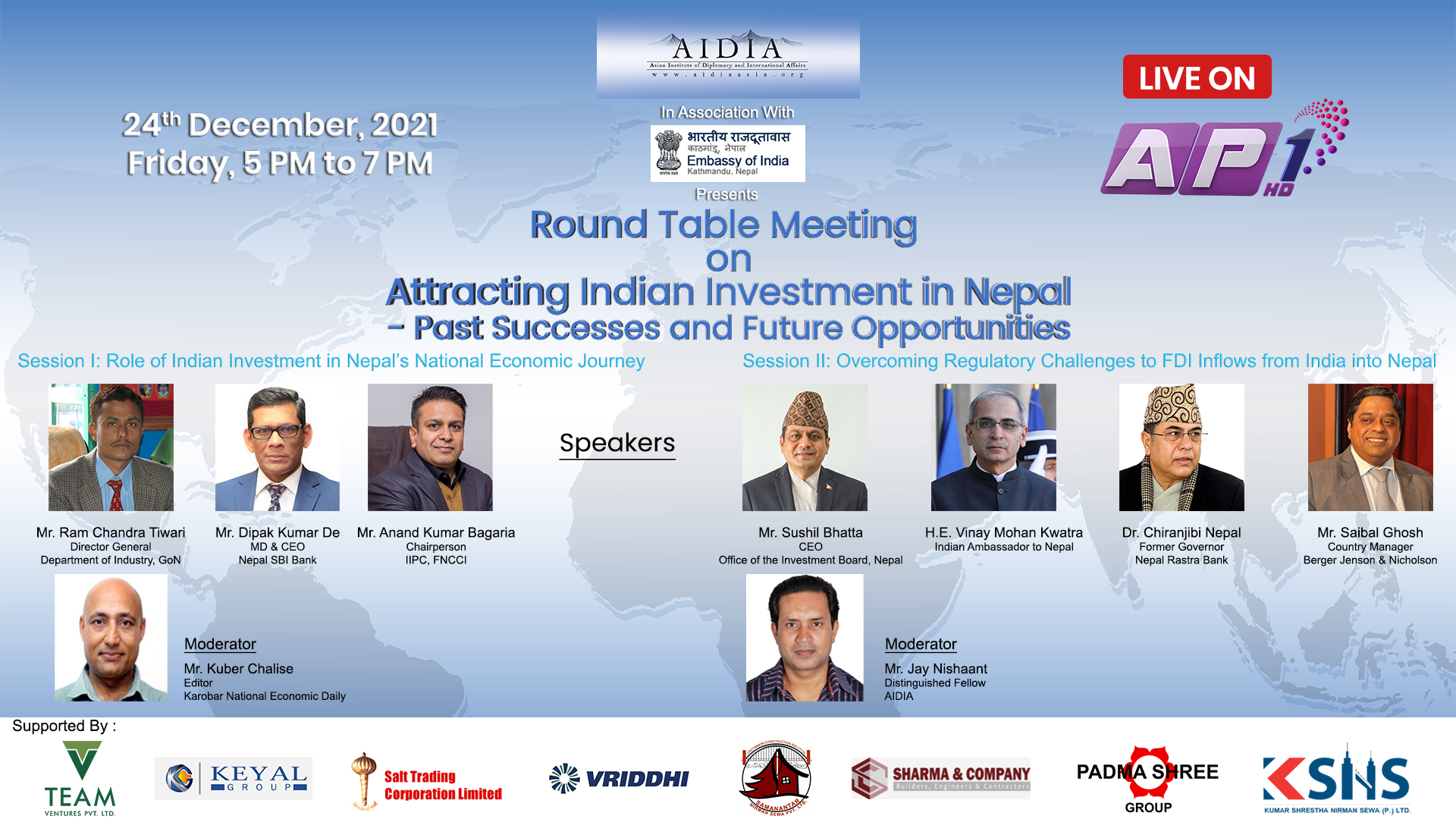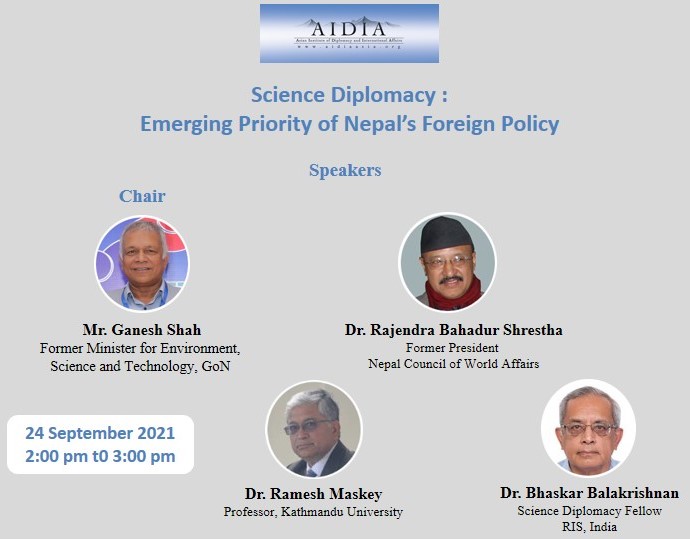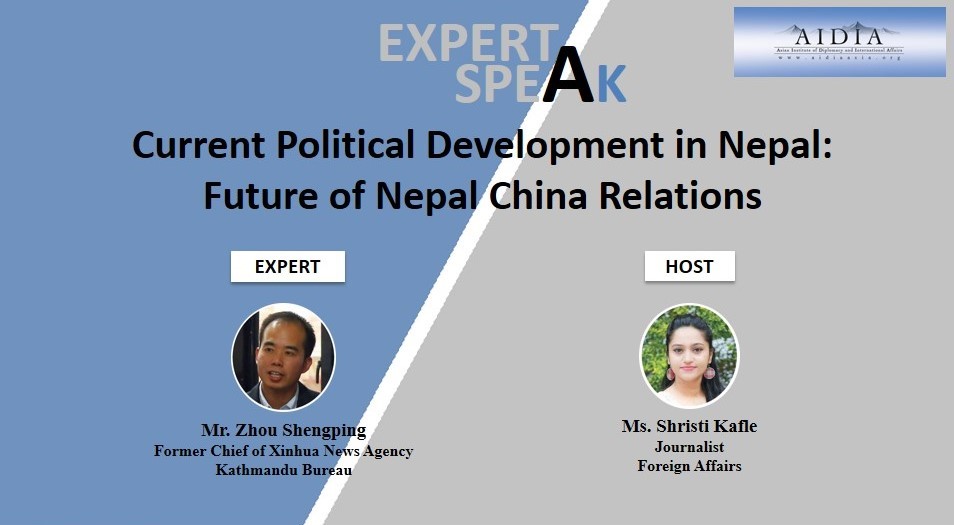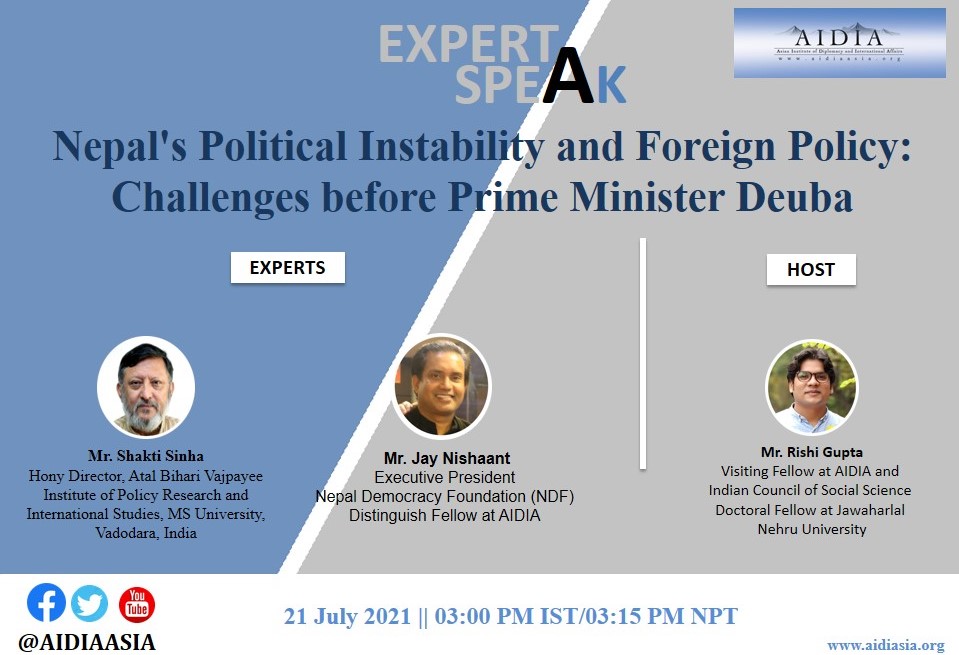Oil, today, has become a political commodity, not only because of its increased demand but, because of its high significance as a primary source of energy. The increasing dependence on oil has its own consequences on energy security. As oil is non-renewable source of energy with obvious environmental hazards with additional financial burden to a country and its foreign reserves. The challenges in high dependence on imports of oil and its transportation adds burden to the country and also the fluctuation in the price of oil due to the disruptions and political instability in the supply regions adds more tension in fulfilling the daily energy needs.
Albeit, continuous efforts to decrease the dependency have been taken, tankers and ships that sail from Middle East to Asian market is in increasing order. The infrastructure plans race towards adopting a strategy for decreased price is in endless procession. Both Middle East and Asian countries are working for under-sea communication lines and pipelines. Asia biggest oil markets are China, Japan, South Korea and India.
Middle East, the region which constitutes around 65 percent of world's proven oil reserves- it has contributed in economic prosperity and unfortunately also became the reason of political crisis in the region. Furthermore, with the boom of oil industry South-Asian labor migration in the Middle-East also increasing. In this backdrop, crisis in Middle-East not only disturbed the global oil demand, it will also have some effect in South-Asian economy.
India is heavily reliant on oil import from the Middle East and Nepal is dependent on India for its import of petroleum products, though there was agreement of Nepal with China for fuel trading which is yet to start commercially. Nepal’s closeness towards the Indian market is also due to the pegged currency system between Nepal and India. As the value of Nepali Rupee is lower in the international market, buying dollar and dealing directly with Middle East will make the prices of oil and gas much higher than the existing prices.
Even though, Nepal has a tremendous hydroelectricity potential, use of oil is the dominant energy resource especially for public transport. So, it is essential to understand the global oil market and existing geopolitics of oil. For instance, what effect will it have in the global oil supply with the recent decision announced by the Trump administration to end the sanction waivers for countries importing Iranian Oil?
AIDIA is schedule to host the interactive session entitled “Understanding Oil and Middle East Geo-Politics and Its Impact in South-Asia” with the especial focus on India and Nepal on 29 April 2019 by Amb. Anil Trigunayat, Distinguished Fellow of Vivekananda International Foundation (VIF) India.
It intends to gather policy makers, government authorities, business and private sector representatives, economic and geo-political experts, academicians and other concern stakeholders.
Program:
Date: 31 May 2019
Venue: Fine Dining Hall, Dining Park, Mid Baneshwor, Kathmandu
Time: 4:00 pm to 5:30 pm
For Participation, please mail us at registration@aidiaasia.org
Speakers
-
Amb. Anil Trigunayat
Distinguished Fellow, Vivekananda International Foundation (VIF)
- Dining Park, Mid Baneshwor, Kathmandu

.jpg)




